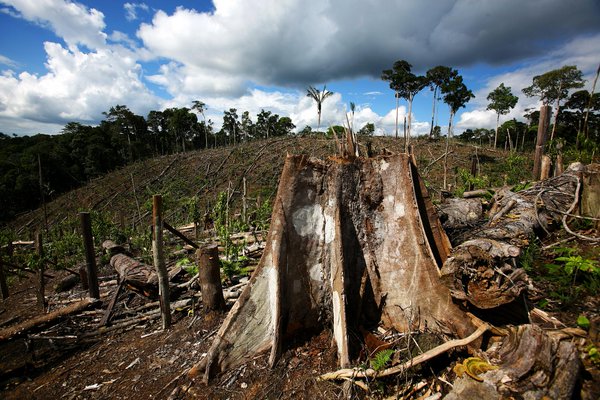
Kampala, Uganda | THE INDEPENDENT | The population explosion across Africa’s regional economic block has become a major danger to environmental conservation.
Researchers in some of the blocks are observing new trends of environmental degradation and water pollution as humans search for survival in the environment.
Dr. Divane Nzima, a researcher at the University of Kwazulu Natal in South Africa, says they compared conservation data in Eastern and Southern Africa to understand emerging environmental conservation patterns on the continent.
He says their findings indicate that communities are choosing survival over environmental conservation as heat waves manifest prolonged number of hot days, drought, food insecurity, low rainfall and high temperatures increase across the Continent.
Dr. Divane says more African population are joining artisanal gold mining than previously observed while others are entering National Parks to practice poaching.
“The population explosion is accompanied by new demands for decent housing, which presents opportunities for sand mining and clay products which require significant amount of wood for treatment” he stated adding that forests are being depleted for cooking fuel and bricks baking.
He says gold mining is associated with river siltation, water source pollution and encroachment on family farm land.
In East Africa, booming demand for charcoal is taking a toll on forestry while large scale farmers are entering wetlands to produce rice to feed the bulging population. Based on United Nations Population estimates, the Eastern Africa region has a total population of 438 million people as of November 2019, equivalent to 5.6 percent of the World’s 7 Billion people.
According to the 2014 National population census data, Uganda added 10.4 million persons onto the 34.6 million she had in 2002, two and half times the increase registered between 1980 and 1990. Uganda’s population increases at 3.0 percent per annum despite the fertility rate declining from 7 children per woman to 5.4 children over the last decade.
State Minister for Lands, Housing and Urban Development Dr. Chris Baryomunsi, says the population explosion brought with it housing deficit of 2.1 million housing units, mass rural – urban migration.
The effect of this population growth on the environment is more pronounced on the forest cover, which has declined from 25 percent in the 1990s to about 8 percent today. The National Forestry Authority says the most depleted forest cover is on private land.
******
URN
 The Independent Uganda: You get the Truth we Pay the Price
The Independent Uganda: You get the Truth we Pay the Price



